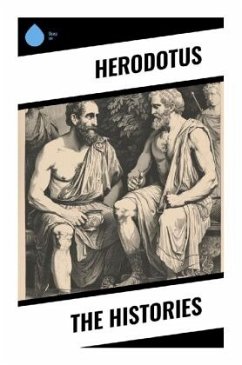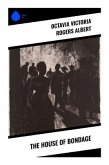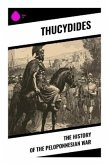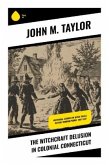Herodotus's "The Histories" stands as a pioneering work in the realm of historical narrative, combining meticulous research with engaging storytelling. Written in the fifth century BCE, this monumental text not only chronicles the Greco-Persian Wars but also delves into the customs, beliefs, and politics of various cultures encountered by the Greeks. Herodotus employs a distinctive literary style that intertwines anecdotal accounts with rigorous inquiry, creating a rich tapestry that reflects the complexities of history and human behavior. His blend of investigations reveals an early form of historiography that challenges the boundaries between myth and fact, urging readers to consider multiple perspectives. Herodotus, often hailed as the 'Father of History', hailed from Halicarnassus in Asia Minor, which exposed him to diverse cultures and narratives. His travels throughout the ancient world, including Egypt and Persia, enriched his worldview and informed his critical approach to historical documentation. Notably, his emphasis on inquiry and the significance of eyewitness accounts underscores a transformative period in which history began to be viewed as a discipline worthy of study. Readers seeking to understand the foundations of historiographical tradition will find "The Histories" to be indispensable. It not only offers a captivating glimpse into ancient civilizations but also challenges contemporary notions of truth and narrative. Herodotus's work remains relevant today as it encourages critical thinking and a deeper appreciation of cultural diversity.
Bitte wählen Sie Ihr Anliegen aus.
Rechnungen
Retourenschein anfordern
Bestellstatus
Storno








